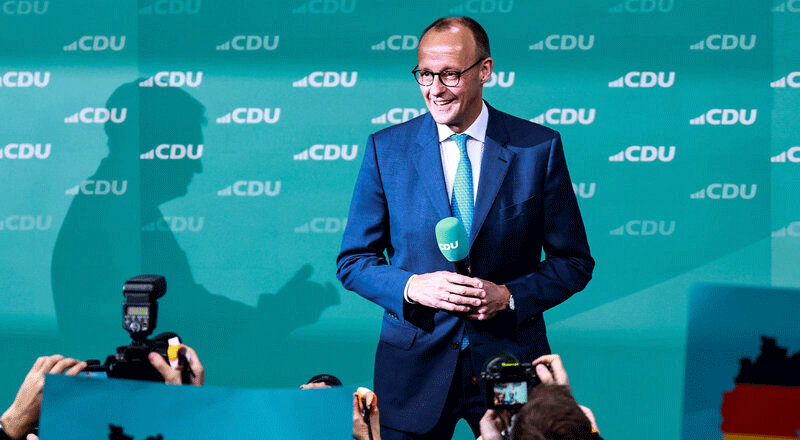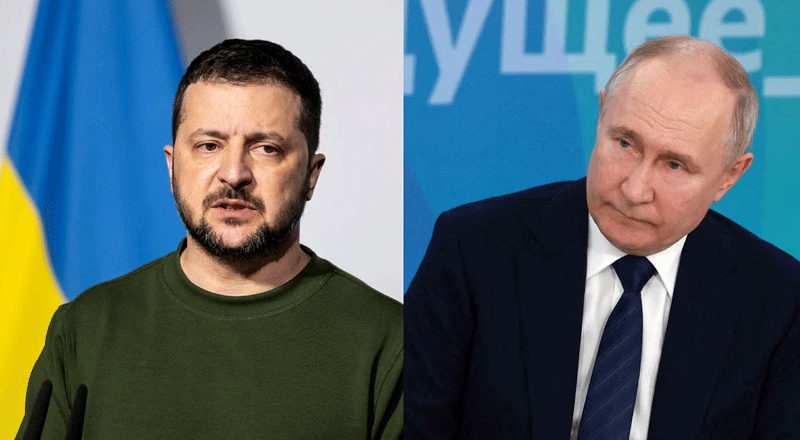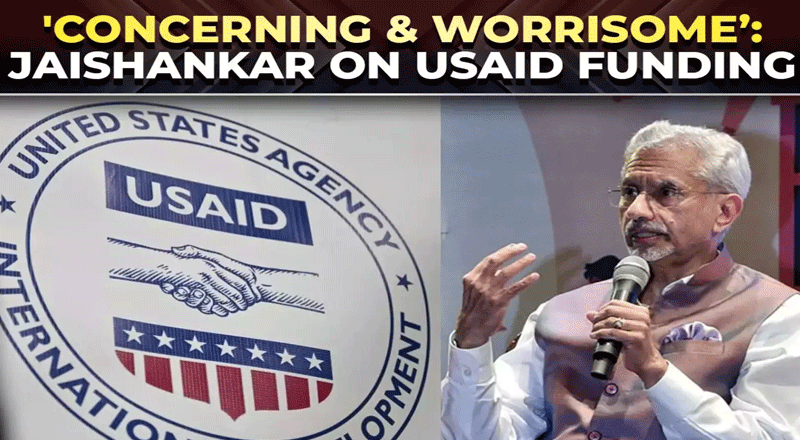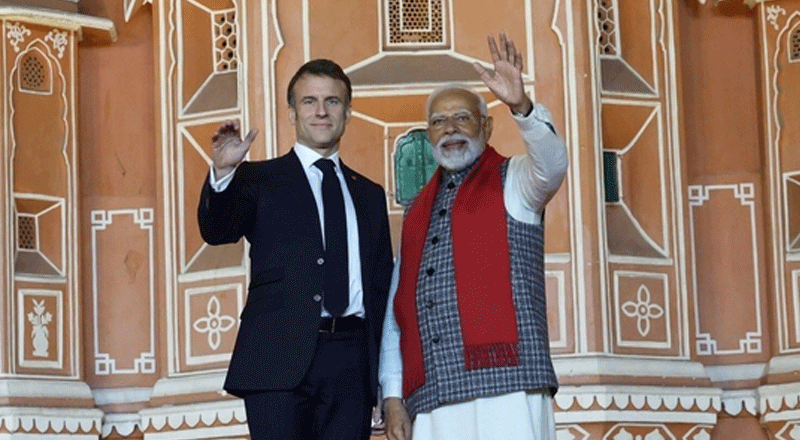Friedrich Merz: Germany’s Next Chancellor and the Challenges Ahead
A New Era in German Politics
Friedrich Merz is poised to become Germany’s 10th post-war chancellor, marking the peak of a decades-long political journey that saw him side-lined in the early 2000s by former Chancellor Angela Merkel. As the leader of the centre-right Christian Democratic Union (CDU), Merz secured victory in the national election with 28.6% of the vote.
However, forming a government will be a challenge, with the most likely outcome being a coalition with the Social Democrats (SPD), who have led an unpopular coalition since 2021. The road ahead is tough—Germany faces economic struggles, a divisive immigration debate, and shifting geopolitical dynamics, particularly with the United States under Donald Trump.
Friedrich Merz: A Political Comeback Decades in the Making
Early Political Career and Departure
Merz first entered politics in the 1980s, joining the CDU in 1972 and later serving in the European Parliament (1989–1994). He became a prominent conservative voice in Germany’s parliament but saw his political ascent halted when Merkel consolidated power within the CDU in the early 2000s.
Frustrated, Merz left active politics in 2009 and pursued a successful career in the private sector, including serving as chairman of BlackRock Germany. He remained influential in German business and maintained strong international connections, particularly with the United States and China.
Return to Politics and CDU Leadership
When Merkel stepped down as CDU leader in 2018, Merz attempted a comeback but lost in party leadership votes in 2018 and early 2021 to centrist candidates. However, he persisted, and following the CDU’s defeat in the 2021 general election, he finally won the leadership. By also securing control of the Union’s parliamentary group, Merz cemented his authority over the party.
Personal Life and Values
A staunch conservative, Merz represents a rural constituency where he champions traditional family values. He is married to Charlotte Merz, a judge, and the couple has three adult children. Known for his passion for aviation, Merz often flies his own small plane from his home in Sauerland to Berlin.
Challenges Awaiting Germany’s Next Chancellor
- Immigration and Border Control
Germany has been grappling with a surge in illegal immigration, and Merz has pledged to take a tough stance on border control. His government is expected to introduce:
- Stricter border security measures
- “Zero tolerance” policies on undocumented migrants
- Detention for rejected asylum seekers awaiting deportation
However, these policies could face resistance from coalition partners like the Social Democrats (SPD) and the Greens. Merz may also push for stronger EU-wide immigration reforms, though achieving consensus among European nations will be difficult.
- Economic Recovery and Stability
Germany’s economy is struggling, having faced two years of consecutive recession. The key challenges include:
- Rebuilding infrastructure and speeding up digitalization
- Revitalizing Germany’s industrial sector amid global competition
- Navigating trade tensions with the U.S. and addressing concerns over protectionism
Merz, with his business background, has promised policies that reduce bureaucracy and encourage private-sector innovation. However, balancing economic growth while maintaining Germany’s strict debt limits will be a major challenge.
- Navigating Relations with the U.S. Under Donald Trump
Donald Trump’s return to the White House has created uncertainty for Germany’s foreign policy. Trump has:
- Criticized Germany’s trade surplus and defense spending
- Threatened European allies over NATO contributions
- Sought direct negotiations with Russia over Ukraine, side-lining Germany and the EU
Merz has stressed the importance of a strong, united Europe to counterbalance Trump’s unpredictability. While he has business ties with the U.S., he will have to navigate tensions carefully, ensuring that Germany remains a key player on the global stage.
- Ukraine War and German Defense Spending
Germany has been Ukraine’s second-largest military backer, after the U.S. However, with Trump questioning U.S. support for Kyiv, Germany could be forced to take on a greater leadership role in European defense.
Merz will face key decisions on:
- Continuing military aid to Ukraine
- Increasing Germany’s defense budget to meet NATO’s demands
- Modernizing the Bundeswehr (German military) after years of underinvestment
Trump has called on NATO allies to spend 5% of GDP on defense, a demand that would strain Germany’s budget. Whether Merz chooses to comply or push back remains to be seen.
Can Merz Deliver on His Promises?
Winning the election was the easy part—Friedrich Merz now faces the daunting task of governing a deeply divided nation. From immigration to economic recovery, U.S. relations, and defense spending, his leadership will be tested on multiple fronts.
Merz has vowed to build “a Germany we can be proud of again”—but achieving that vision will require strategic coalition-building, decisive policymaking, and careful diplomacy. The coming years will determine whether he emerges as a transformative leader or struggles under the weight of Germany’s challenges.
(With inputs from agencies)





